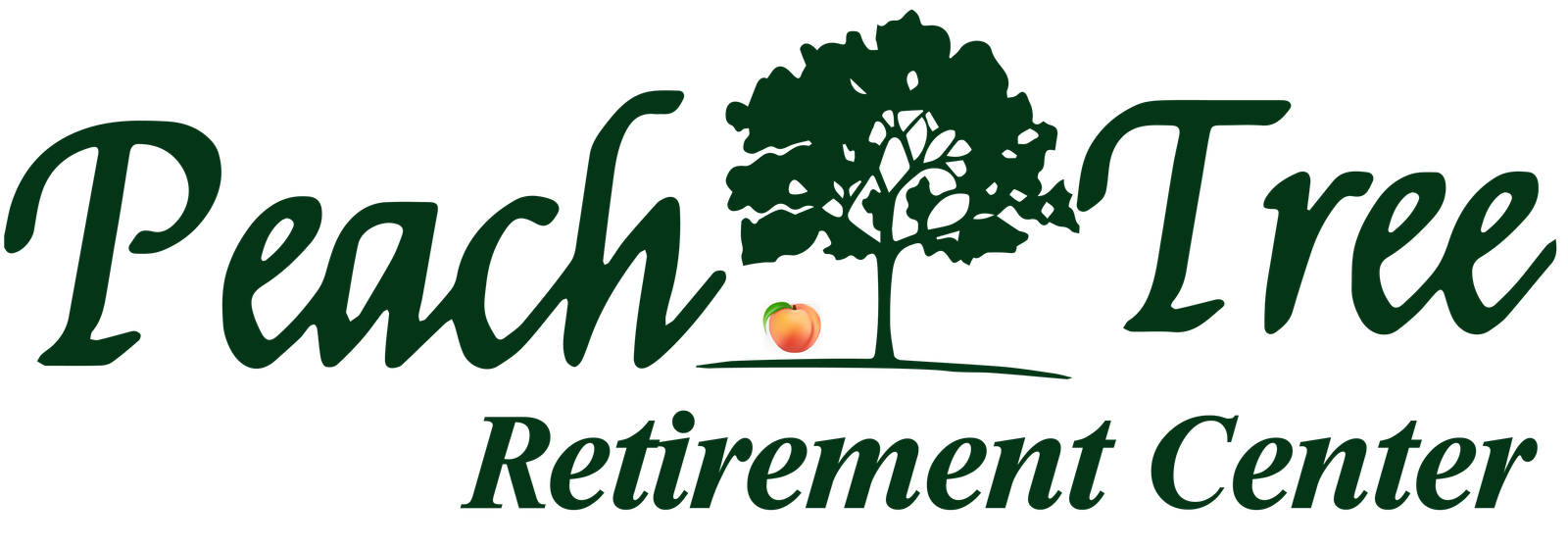As our parents age and approach retirement, it becomes increasingly important to ensure that their legal and financial affairs are in order. One key document that can provide peace of mind and protection is a Power of Attorney (POA). Here’s a comprehensive guide to understanding POA for elderly parents:
What Is Power of Attorney?

A Power of Attorney is a legal document that grants one person (the agent or attorney-in-fact) the authority to make decisions on behalf of another person (the principal). This authority can cover a wide range of areas, including financial matters, healthcare decisions, and legal issues. The extent of the agent’s powers can be tailored to suit the principal’s specific needs and preferences.
Types of Power of Attorney
Durable Power of Attorney
A Durable Power of Attorney remains effective even if the principal becomes incapacitated. This ensures that the agent can continue to manage the principal’s affairs without interruption.
General Power of Attorney
A General Power of Attorney grants broad powers to the agent to handle various matters such as finances, legal affairs, and property management. However, this type of POA typically becomes invalid if the principal becomes incapacitated.
Limited or Special Power of Attorney
A Limited Power of Attorney grants the agent authority over specific tasks or situations, such as selling a property or managing a particular bank account. It is often time-bound and task-specific.
Healthcare Power of Attorney
Also known as a Medical Power of Attorney, this document allows the agent to make healthcare decisions on behalf of the principal if they are unable to do so themselves. This includes decisions about medical treatments, surgeries, and end-of-life care.
Benefits of Having a Power of Attorney:
- Financial Management: A POA ensures that financial matters such as paying bills, managing investments, and handling taxes are taken care of if seniors become unable to manage these tasks independently.
- Healthcare Decisions: With a Healthcare POA, you can ensure that medical decisions are made in accordance with your elderly parent’s wishes. This is particularly important in situations where they are unable to communicate their preferences.
- Legal Protection: Having a POA in place can prevent the need for court-appointed guardianship, which can be a lengthy and expensive process. It provides a clear and legally recognized way to manage the principal’s affairs.
- Peace of Mind: Knowing that a trusted person has the legal authority to make important decisions provides peace of mind to both the elderly parent and their family members.
Steps to Setting Up a Power of Attorney:

- Discuss with Your Parents: Have an open and honest conversation with your parents about the importance of having a POA and their preferences for who should act as their agent.
- Choose the Right Agent: Select a trustworthy and responsible person who is capable of managing the responsibilities associated with being an agent. This could be a family member, close friend, or professional advisor.
- Consult an Attorney: Work with an attorney who specializes in elder law to draft the POA document. This ensures that the document is legally sound and tailored to your parents’ specific needs.
- Sign and Notarize: The POA document must be signed by the principal and, in many states, notarized to be legally binding. Some states may also require witnesses.
- Distribute Copies: Provide copies of the POA document to relevant parties, such as financial institutions, healthcare providers, and family members. Keep the original document in a safe but accessible place.
A Power of Attorney is a vital tool for managing the affairs of elderly parents as they enter retirement, providing a safety net in times of need. It ensures that their wishes are respected and their affairs are handled smoothly, even if they become unable to make decisions themselves. By setting up a POA, you can protect your parents’ interests and provide them with the care and support they deserve.

Having a POA is just as important as having a Will, and is a vital that anyone / everyone should have one as part of their legal paperwork. This article breaks down the various types you can have ranging from tasks preformed and time frame permitted. I know that it would give me peace of mind to know that all my affairs were in order if I were to be come incompasitated. Great article.